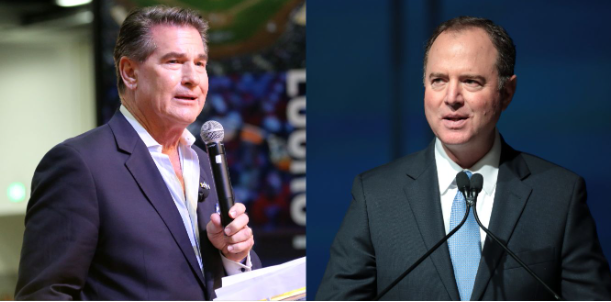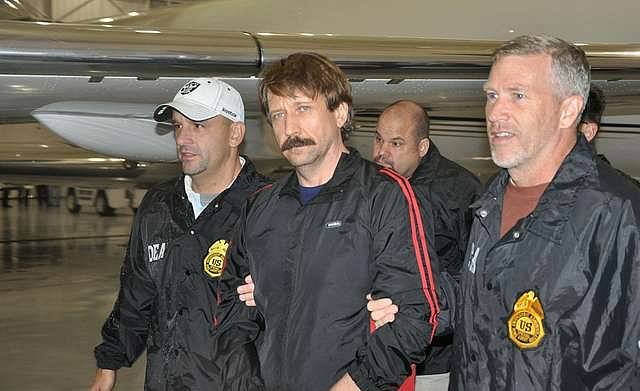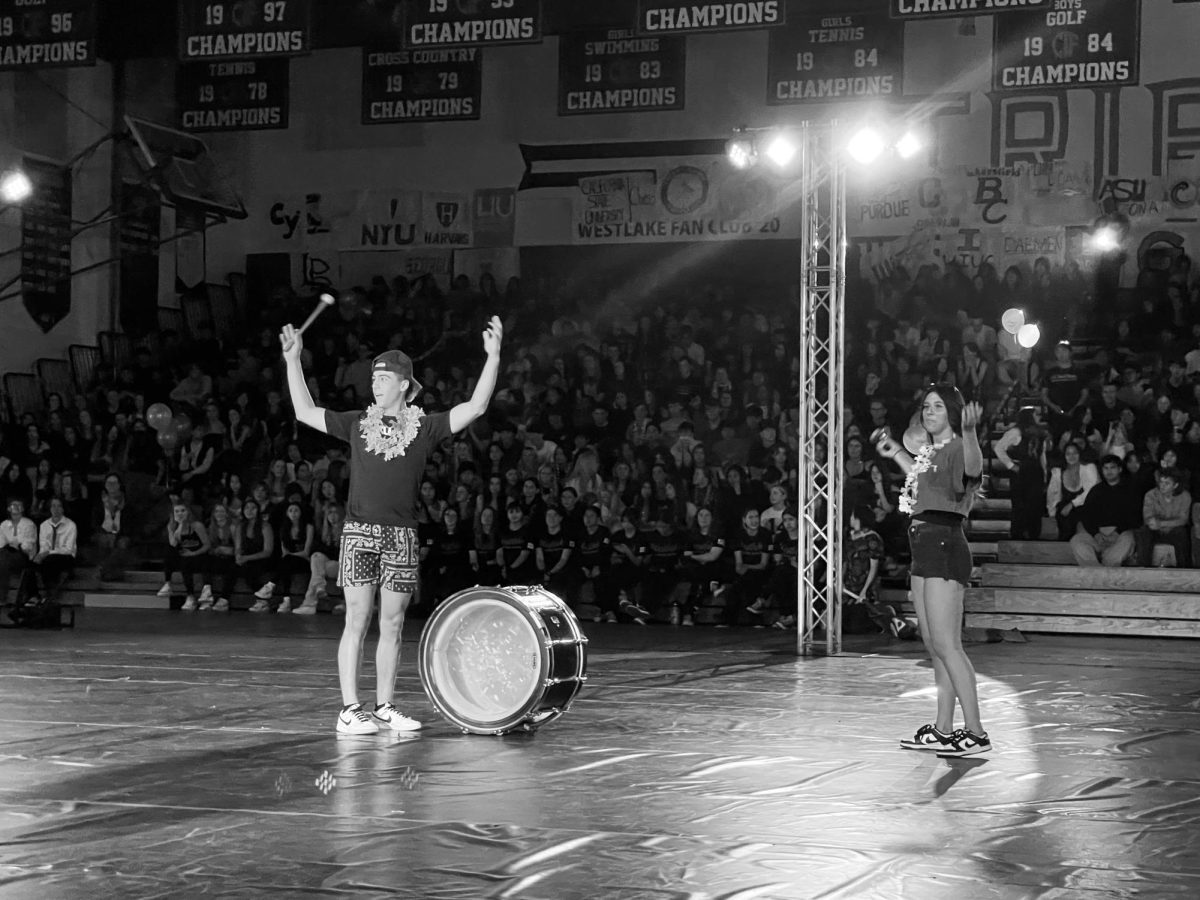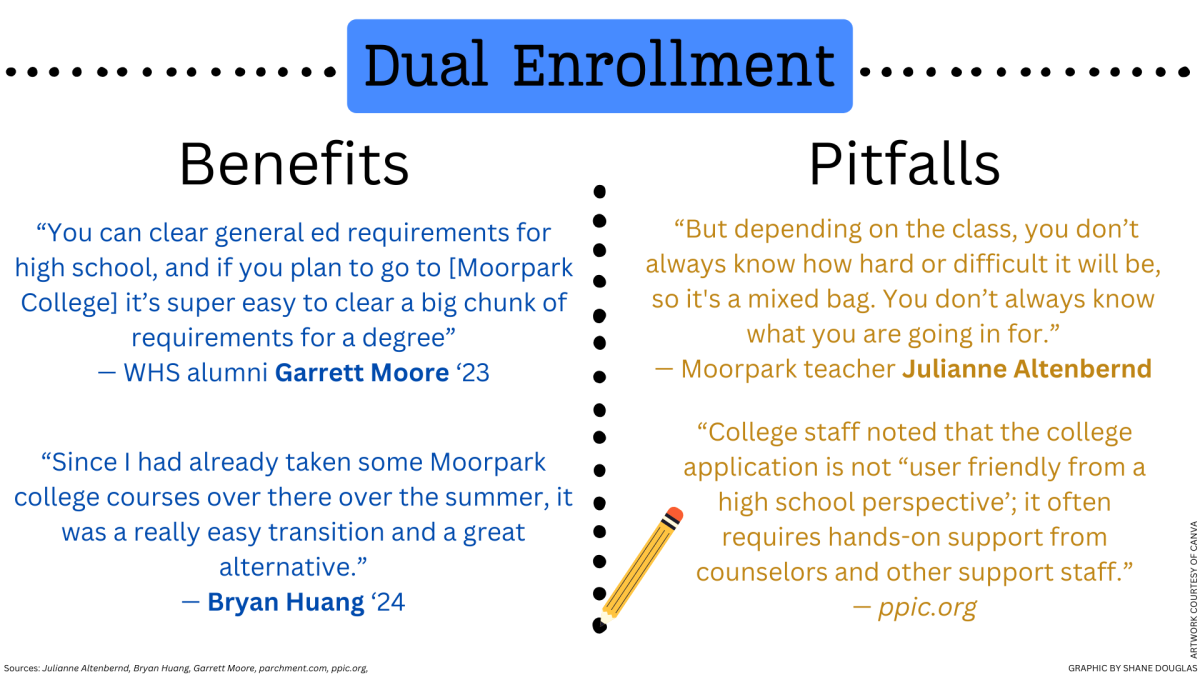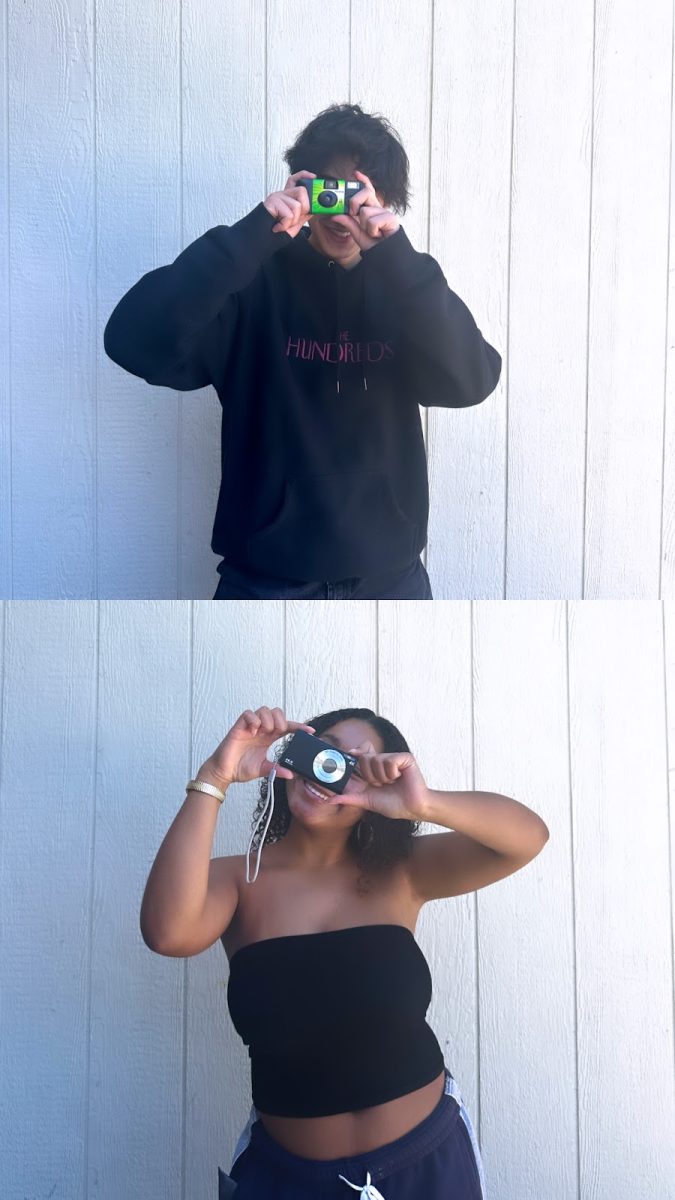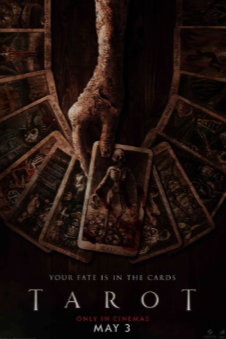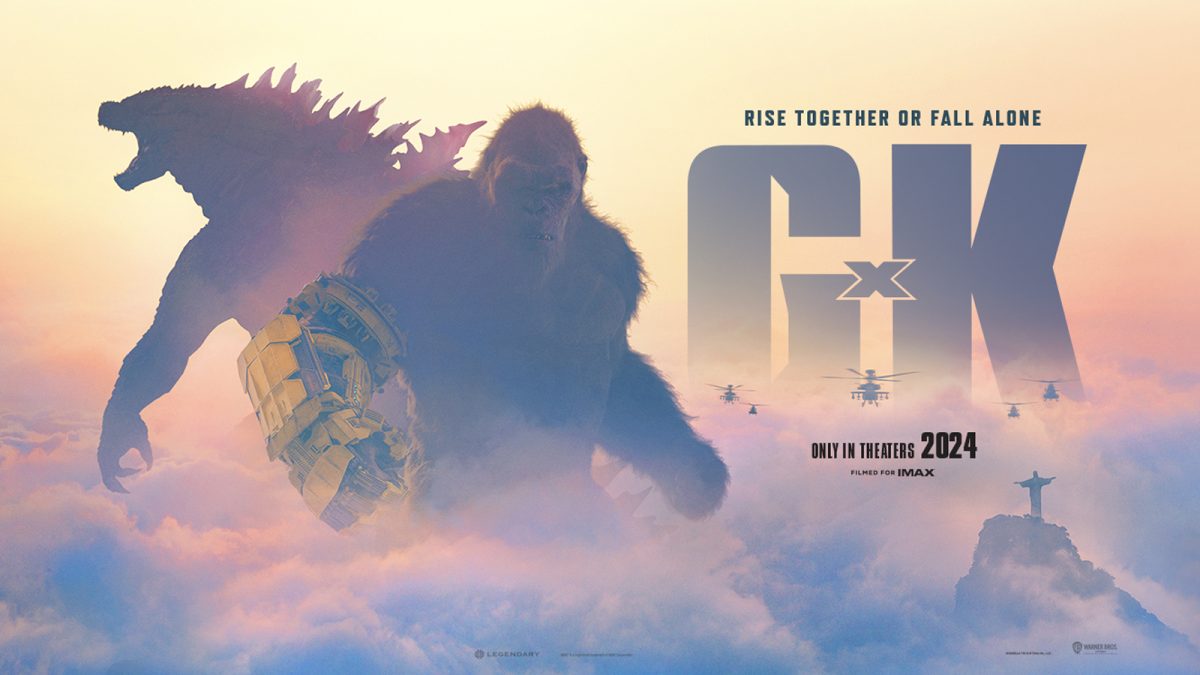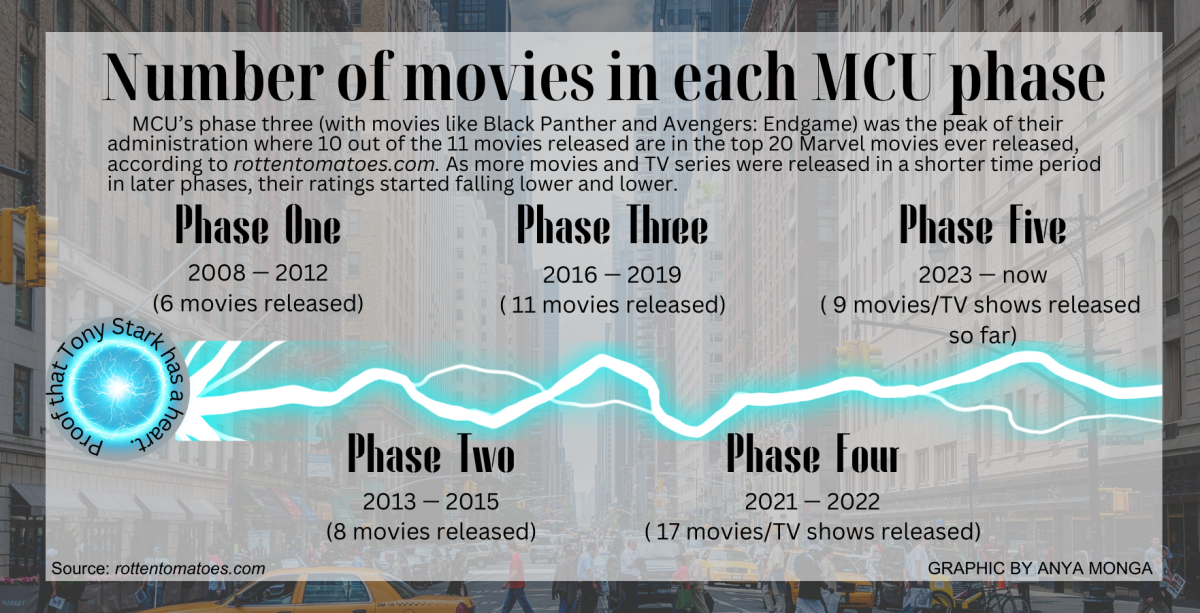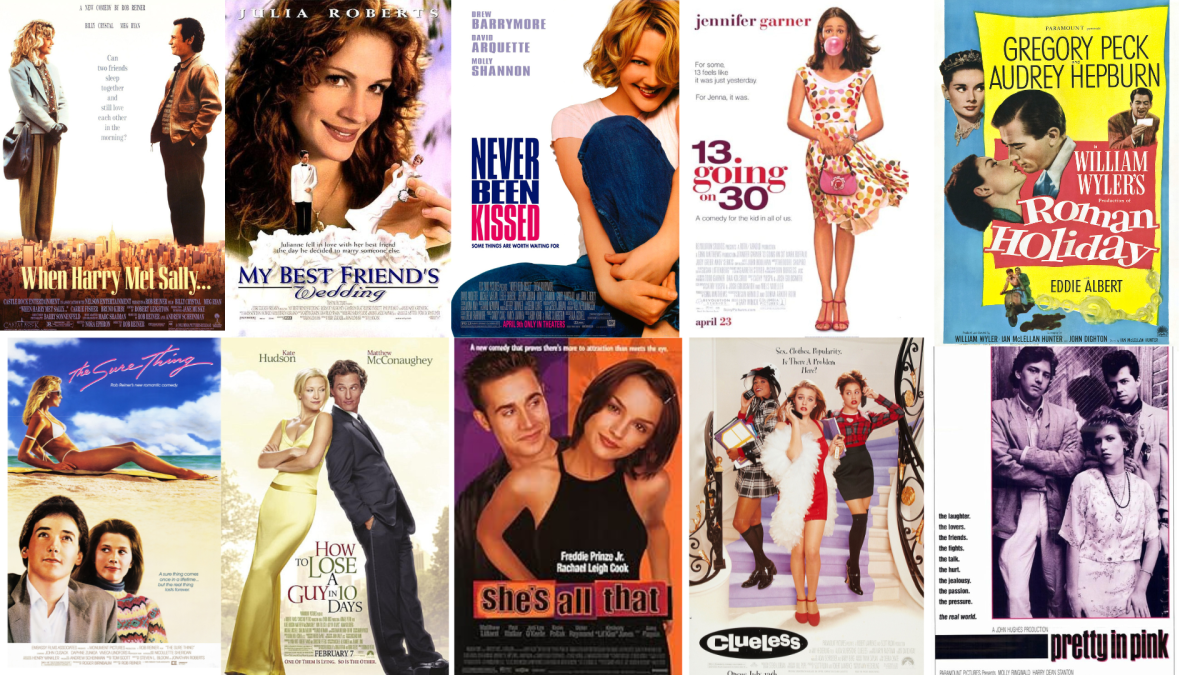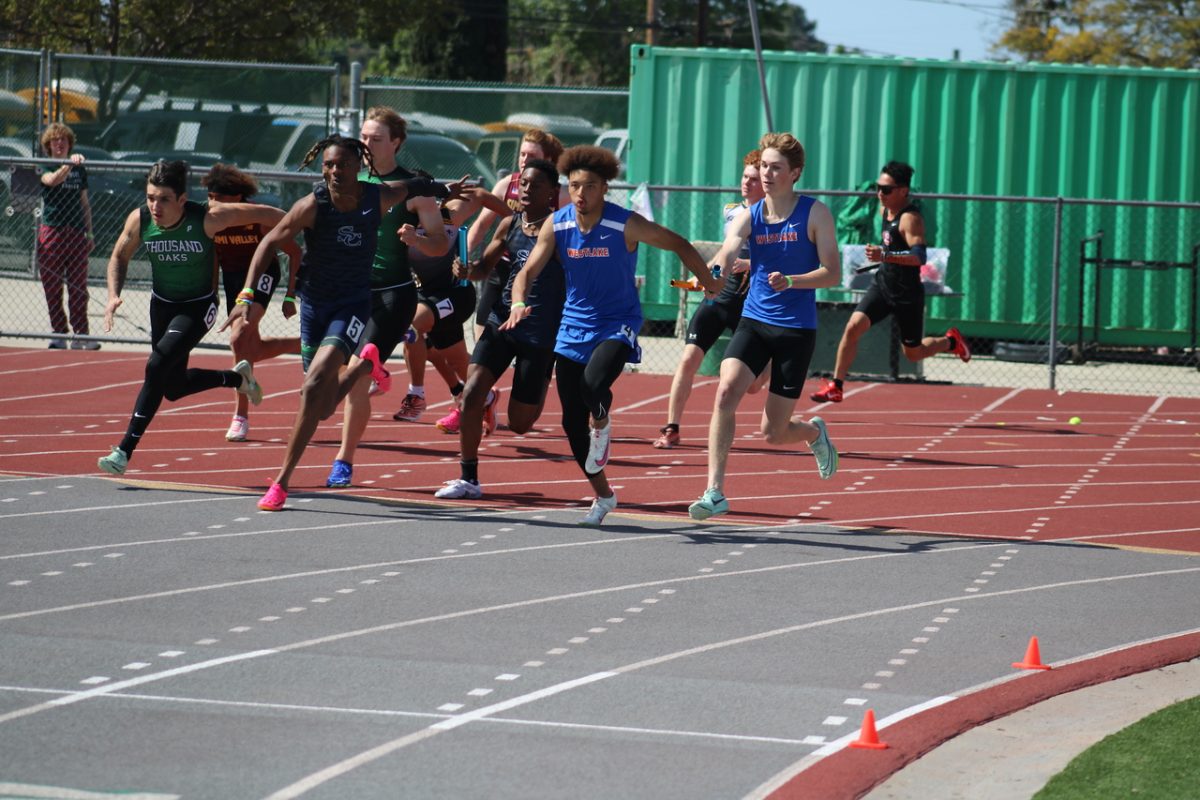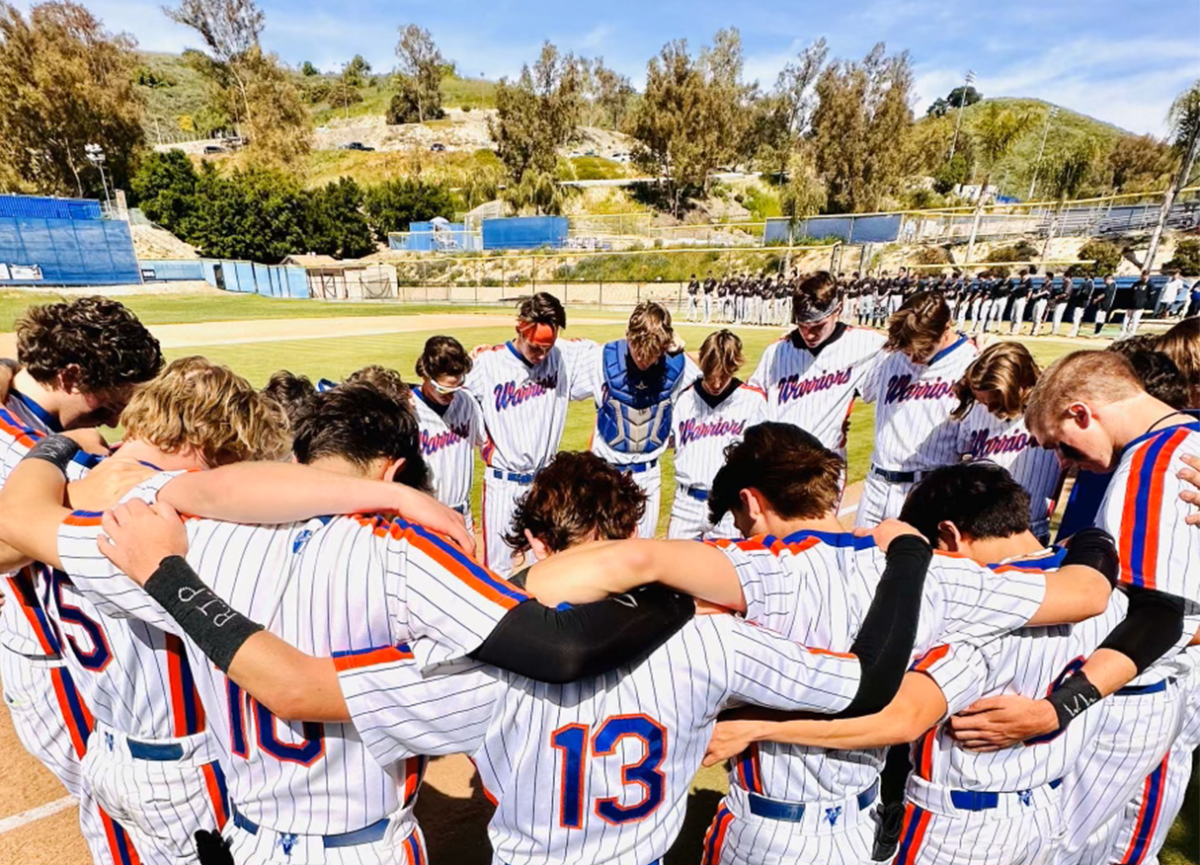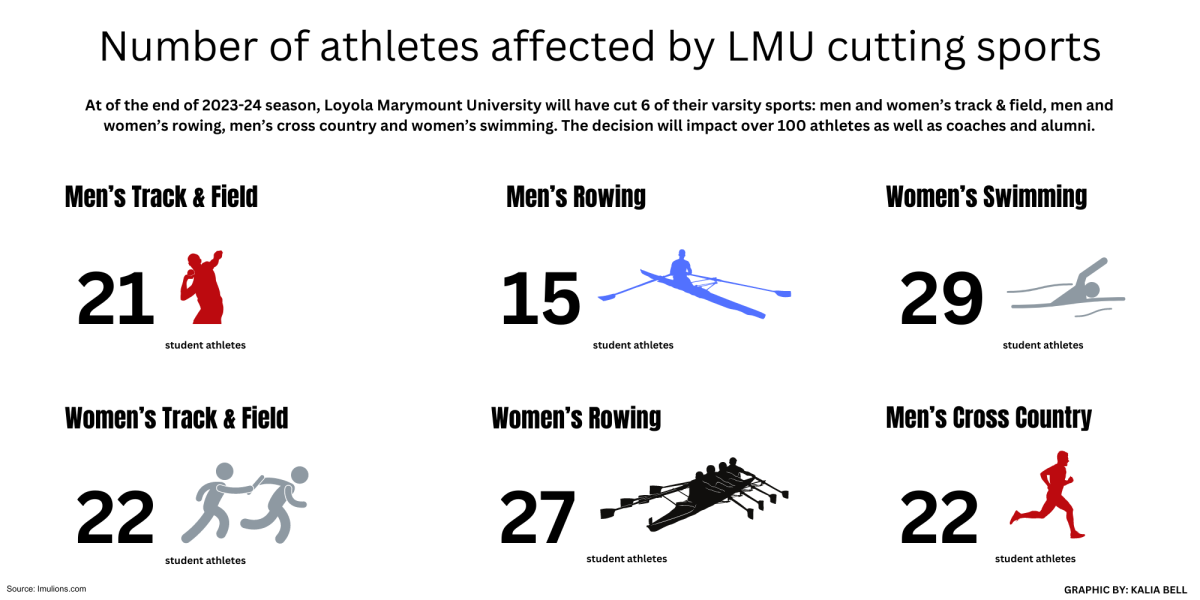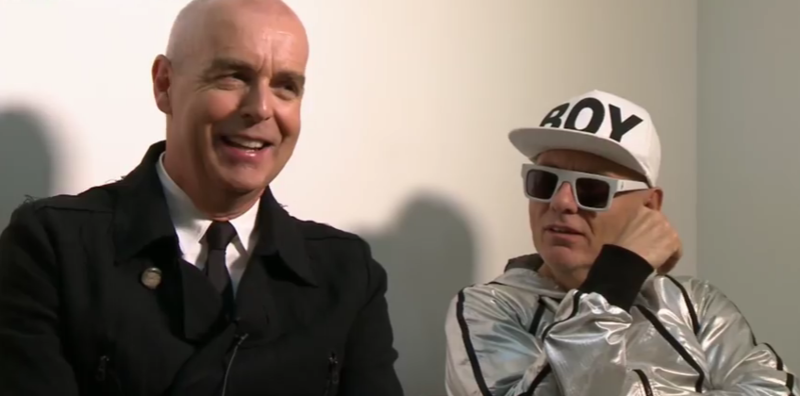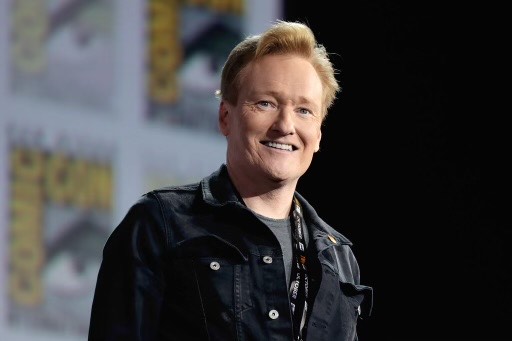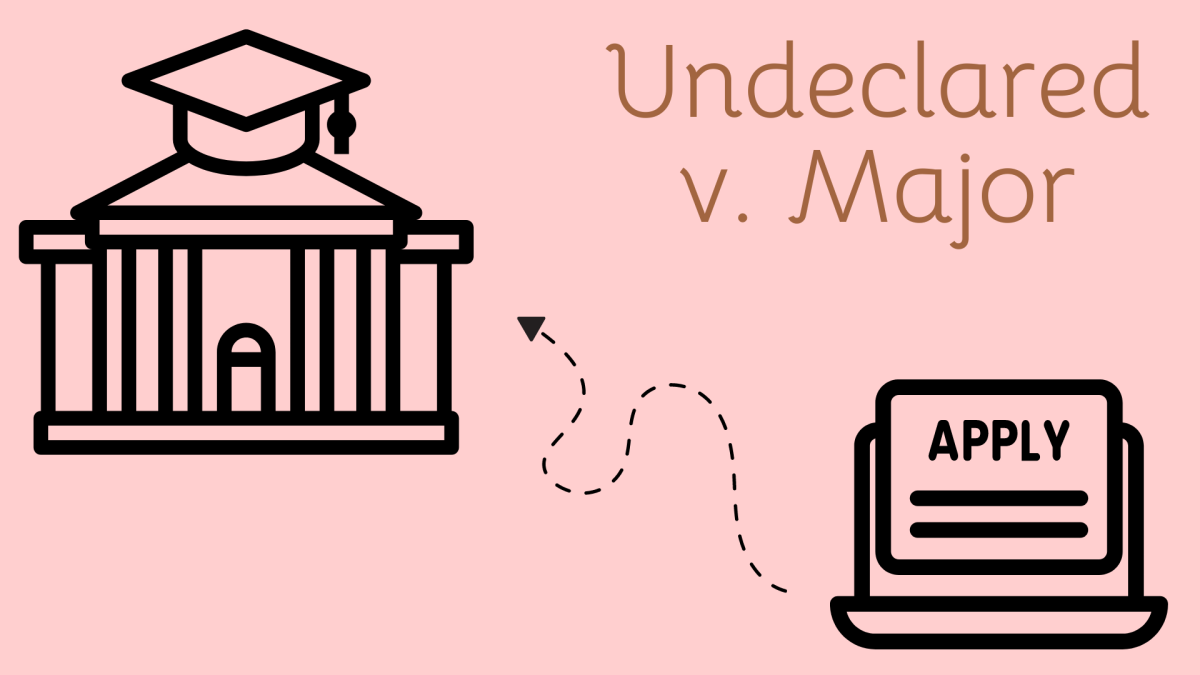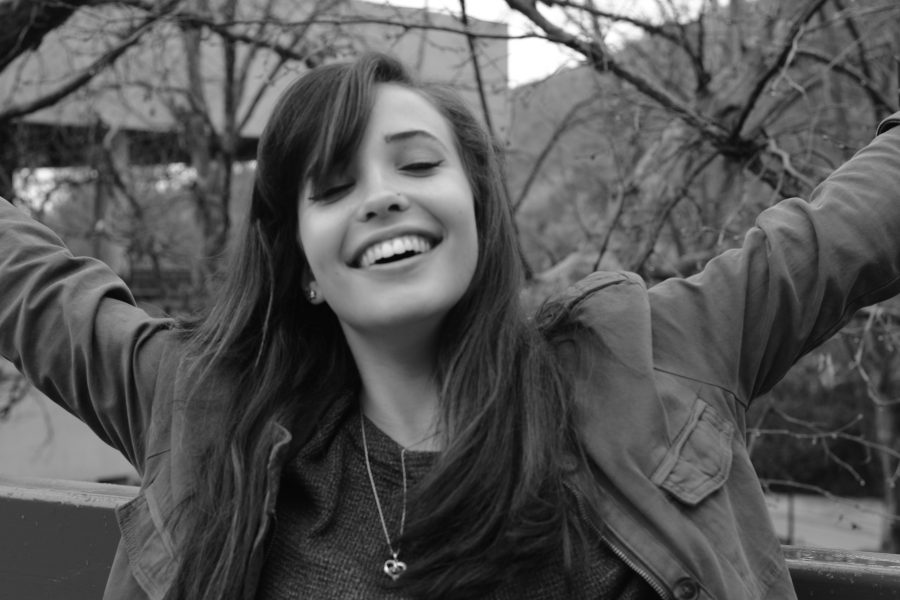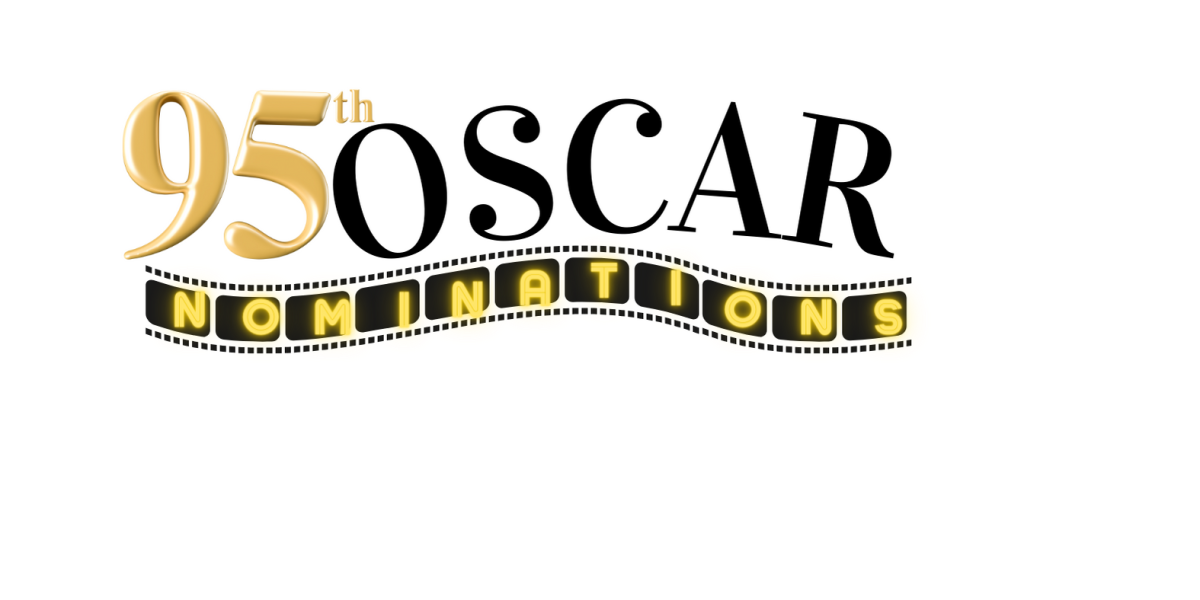I can say with absolute certainty that the original Wreck-It Ralph remains one of the most underrated Disney films to date. Depicting video game villain Wreck-It Ralph’s quest to shake off his ”bad guy” reputation, he instead ends up defining his self-worth through a friendship that he forms with another character, Princess Vanellope von Schweetz.The tale’s thematic elements of compassion and self-sacrifice apply to both adult and child audiences alike, and the age-barriers are further broken through the mixture of modern, high definition graphics with allusions to retro video game styles. I eagerly awaited its sequel, Ralph Breaks the Internet in the hopes of it being equally transitional across all age groups, and while I certainly wouldn’t call it an improvement by any means, it is powerful in its contrastly darker undertone from its predecessor.
The sequel takes place six years after Ralph (voiced from the sweet, sweet larynx of John C. Reilly) and Vanellope (voiced by Sarah Silverman) saved Litwik’s arcade from the wrath of Turbo. Feeling tired of the predictability of her game, Vanellope and Ralph create a new race course that ultimately ends up breaking the game. In his attempts to fix it, arcade owner Litwik accidentally breaks off the wheel attachment to the Sugar Rush game console, and Ralph and Vanellope make it their mission to travel on to the Internet to find a replacement part, encountering both the best and worst parts of the World Wide Web along the way.
To a borderline uncomfortable degree, Ralph Breaks the Internet functions as a satire of Disney itself. It’s like that friend that says something self-deprecating to be funny, but then they take it a step further and everyone’s just awkwardly laughing but they’re secretly concerned. This discomfort was especially prominent in the scene where the Disney princesses are all gathered in a room with Vanellope. I partly blame the fact that the scene in almost full entirety was revealed in the trailers as a selling point for the movie, which significantly decreased its level of humor. And the incorporation of this arguably too long scene felt like an attempt on Disney’s behalf to show off their various assets, from the princesses to Marvel to Star Wars.
The integration of a variety of pop-culture elements seemed to be compensation for a much less substantial storyline, specifically the beginning half of the film which had a choppy build-up. The flow of the movie in particular was disappointing to me in comparison to the original, which felt satisfying in its pacing of events. However, things turned around in the second-half of the film when an actual villain was introduced: Ralph’s own insecurities.
And this is where the film succeeds where other Disney films have not – its ability to broach controversial subjects such as self-doubt and clinginess when it comes to developing relationships. Ralph’s unhealthy reliance on Vanellope to feel valued is physically manifested in the form of the hundreds of clones that tear up the Internet as a result of a virus. When Vanellope is captured by one of these clones, it visually depicts the clinginess that Ralph feels — his desire to keep her trapped in a world with him in order to maintain their friendship. I won’t spoil anything, but the ending of the film isn’t your traditional happily ever after. Almost every Disney princess movie to date centralizes its ending around the validation that the princesses feel from another person, normally a male figure. In Ralph’s case, the only validation that he should be seeking is from himself.
This idea of planting seeds in today’s youth of powerfully raw messages such as self-acceptance has become more and more prominent in recent years, as seen with Pixar’s release of Coco earlier this year as a conversation starter about the notion of death. And while this might make these animated flicks more questionable in the eyes of the cautious parent, they’re topics that are significant nonetheless. So while I feel as though Ralph Breaks the Internet by no means is up to par with the original, it still brings up important discussion points in a kid-friendly way. But if you’re looking for the traditional positive, feel-good Disney movie, skip the sequel and go for the original.
